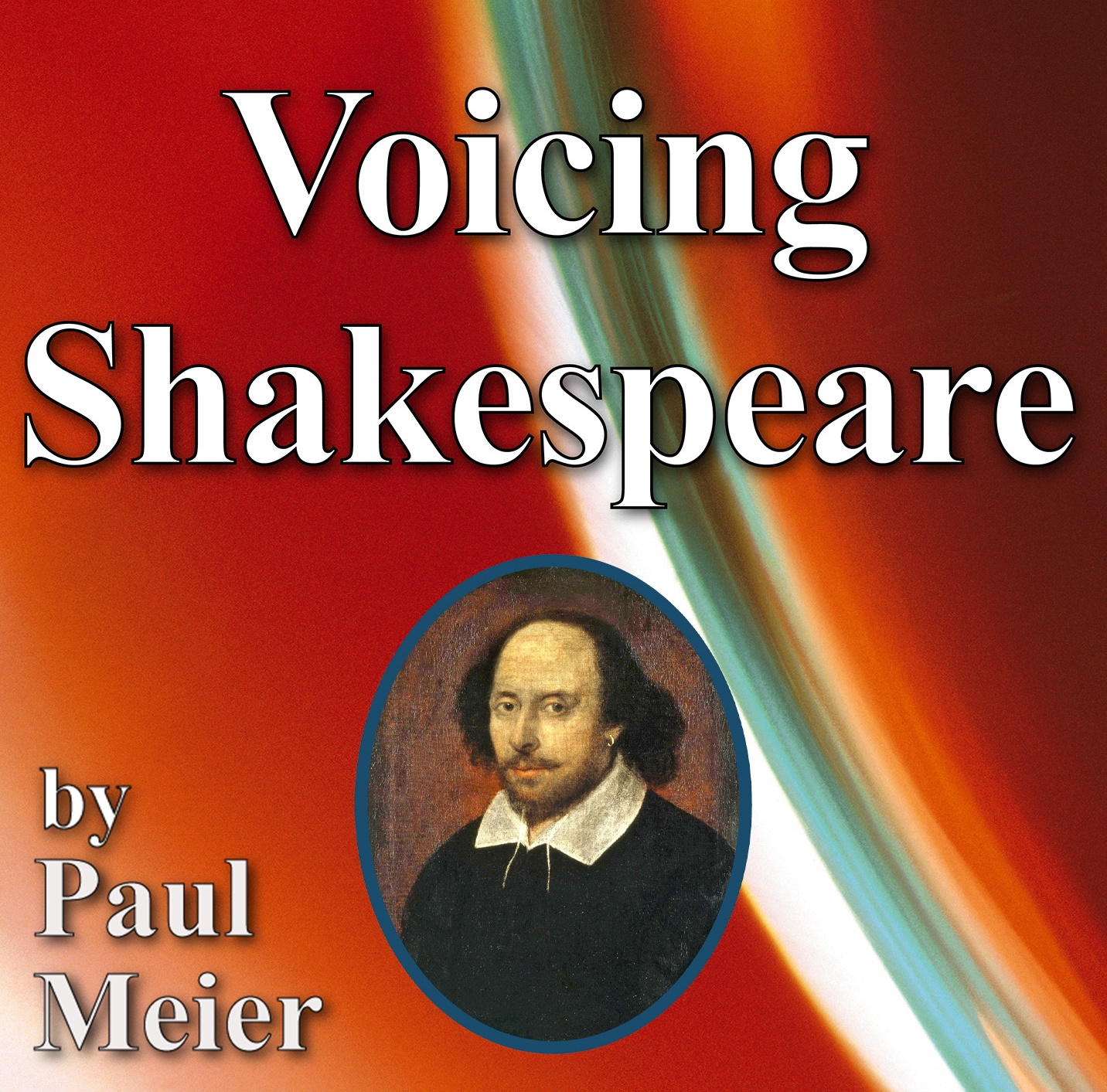Fujian 3
Listen to Fujian 3, a 23-year-old woman from Fujian Province, China. Click or tap the triangle-shaped play button to hear the subject.
Both as a courtesy and to comply with copyright law, please remember to credit IDEA for direct or indirect use of samples. IDEA is a free resource; please consider supporting us.
BIOGRAPHICAL INFORMATION
AGE: 23
DATE OF BIRTH (DD/MM/YYYY): 04/08/1994
PLACE OF BIRTH: Fujian Province, China
GENDER: female
ETHNICITY: Han Chinese
OCCUPATION: financial services
EDUCATION:
Subject has her bachelor’s degree and is pursuing a master’s or higher degree.
AREA(S) OF RESIDENCE OUTSIDE REPRESENTATIVE REGION FOR LONGER THAN SIX MONTHS:
She spent time in Sweden on an exchange program with full national scholarship.
OTHER INFLUENCES ON SPEECH:
When she was in junior middle school, she recited almost every passage of the textbook New Concept English. And at that time, she listened only to tapes recorded in a British accent. She also admits that her reading of Comma Gets a Cure might not be in her true accent, as she’s studied IDEA and listened to multiple recordings of other subjects reciting Comma.
The text used in our recordings of scripted speech can be found by clicking here.
RECORDED BY: subject
DATE OF RECORDING (DD/MM/YYYY): 22/04/2018
PHONETIC TRANSCRIPTION OF SCRIPTED SPEECH: N/A
TRANSCRIBED BY: N/A
DATE OF TRANSCRIPTION (DD/MM/YYYY): N/A
ORTHOGRAPHIC TRANSCRIPTION OF UNSCRIPTED SPEECH:
Now I am gonna say something about myself, myself or, more precisely, my stories about how I developed this accent which you are hearing. I am from China, and I belong to the zodiac year of dog. I deliberately say so because in this case not many people will know the exact age of me, at least Western people, like you. Haha, after all, never ask a woman how old she is. Uh, but what I can tell is: I have been learning English for 15 years. When I was in my junior high, the major method I used to study English was to recite almost every single passage of the classic English textbooks The New Concept English. OK, I don’t know whether it is the same with other countries, but this series were at least a classic for Chinese students. And since the tapes for the books were majorly recorded in British accent, my original English accent was shaped accordingly. Later on, I started watching American movies and soap operas, like the Friends, Two Broke Sisters, the Big Bang Theory, and so on. Uh, during this time, my accent was more or less influenced by American accent. Uh, then when I entered my sophomore year of my college studies, I was so lucky to win the chance after runs of competitions to be part of an exchange program to Sweden on a full national scholarship. I lived there for six months, during which time I got to know people from all parts of the world and also traveled around Europe. Just before I came back, my English accent had developed to a stage where few people could, ah, could, ah, locate my nationality. They said my accent was a mixture of British, American, and European continent, and Southeast Asia. Even I myself was confused. Maybe to most English learners, it is a compliment when native speakers tell you that you sound authentic, but to me, the longer I learn English, the more I realize how important it is to keep at least a little bit accent of your own birthplace. It is like a mole. Let’s think about it: A black mole on your face maybe make your face not so perfect, but more realistic and thus more lovely and sexy. It reminds you who you are and where you come from, what your cultural identity is and who are your compatriots. These are especially important when you are studying abroad because it makes you less likely to get loss — uh, I mean spiritually. I can go on speaking about things after I graduated, but since I have spoken for so long and I don’t think the business English I used on workplace has much to do with my accent, so let’s might not as well just talk so much about me. …
TRANSCRIBED BY: subject
DATE OF TRANSCRIPTION: 22/04/2018
PHONETIC TRANSCRIPTION OF UNSCRIPTED SPEECH: N/A
TRANSCRIBED BY: N/A
DATE OF TRANSCRIPTION (DD/MM/YYYY): N/A
SCHOLARLY COMMENTARY: N/A
COMMENTARY BY: N/A
DATE OF COMMENTARY (DD/MM/YYYY): N/A
The archive provides:
- Recordings of accent/dialect speakers from the region you select.
- Text of the speakers’ biographical details.
- Scholarly commentary and analysis in some cases.
- In most cases, an orthographic transcription of the speakers’ unscripted speech. In a small number of cases, you will also find a narrow phonetic transcription of the sample (see Phonetic Transcriptions for a complete list). The recordings average four minutes in length and feature both the reading of one of two standard passages, and some unscripted speech. The two passages are Comma Gets a Cure (currently our standard passage) and The Rainbow Passage (used in our earliest recordings).
For instructional materials or coaching in the accents and dialects represented here, please go to Other Dialect Services.
 IDEA: International Dialects of English Archive
IDEA: International Dialects of English Archive




